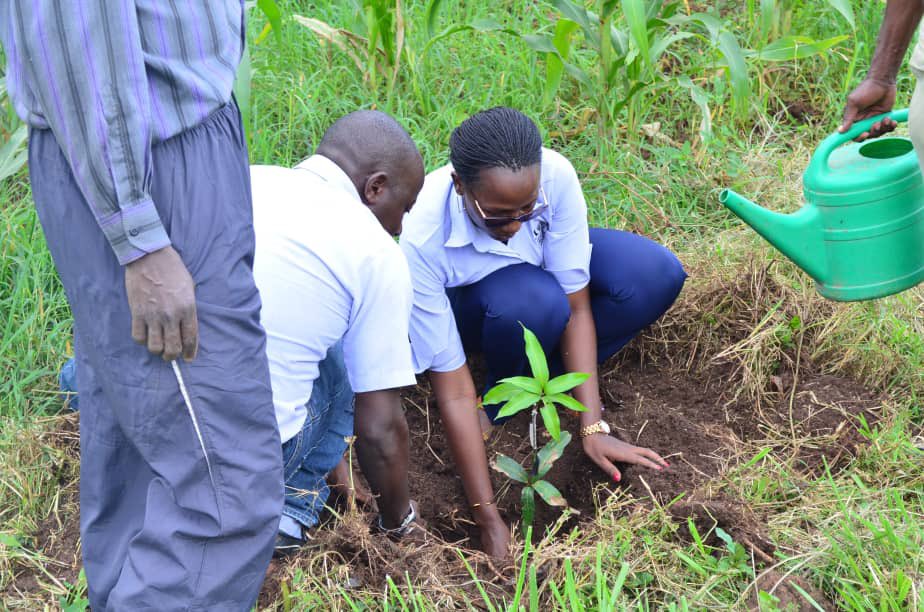Uganda joined the global community to celebrate World Environment Day (WED). WED is the United Nations principal avenue to encourage awareness, public outreach, promote progress on environmental dimensions of the Sustainable Development Goals and action for the protection of the environment.
The United Nations General Assembly declared the 5th of June as World Environment Day during the United Nations Conference on Human Environment and Development in Stockholm, Sweden in 1972. Over 150 countries participate in the celebrations each year, with the United Nations Environment Programme (UNEP) at the helm.
This year, international celebrations are in Stockholm Sweden under the theme ‘Only One Earth’. The theme and Sweden as the global host, is symbolic of the 1972 Stockholm Conference that formed UNEP. In Uganda, WED is being celebrated in Luweero district under the national theme: ‘Our Earth, Conserve for Life’.
Nationally, there have been both gains and challenges in the environment sector. Wildlife populations have generally increased especially in protected areas. For instance, the number of Uganda Kobs increased from 77,759 in 2011 to 175,590 in 2020, African Elephants from 5,739 to 7,975 and Rhinos from 17 to 35 within the same time frame. Unfortunately, the number of lions reduced from 493 individuals in 2011 to 373 in 2020. A decline that is attributed to human-wildlife conflict with communities neighboring protected areas.
Concerning forest and wetland cover, for the first time since 1990 the country registered a net forest cover gain from 9% in 2017 to 13 % in 2020. The main challenge facing the sector is pressure arising from the demand for agricultural land and demand for charcoal, firewood and building materials. On the other hand, wetland cover has experienced a downward trend – reducing from 15.5% in 1994 to 13% in 2020. However, of the 13 % wetlands about 8% are intact while the rest is degraded.
Air pollution is another area of concern. Over the last five years, urban areas in Uganda have consistently registered readings that are ten times above the World Health Organization recommended levels of 2021. The key sources of air pollution in the country include the transport sector (automobiles), unpaved roads, domestic burning of biomass fuels and industrial activities.
To address the challenges facing the environment and in line with the national theme for this years WED, the Government has developed a ten year Environment Restoration Plan. The country declared the next ten years as a war decade for environment restoration with a focus on further reversing forest, wetland and biodiversity loss. The target is to halt degradation in all sectors of the environment and increase forest cover to 15% by 2030.
To achieve these ambitious but attainable targets NEMA calls upon all citizens to stop encroachment on fragile ecosystems such as wetlands, forests, lake shores and river banks. We urge everyone to plant trees at every opportunity, restore degraded ecosystems, and avoid settling or cultivating on steep slopes. Seek guidance from respective authorities before undertaking potentially harmful activities; adopt sustainable and environmentally friendly waste management options.







